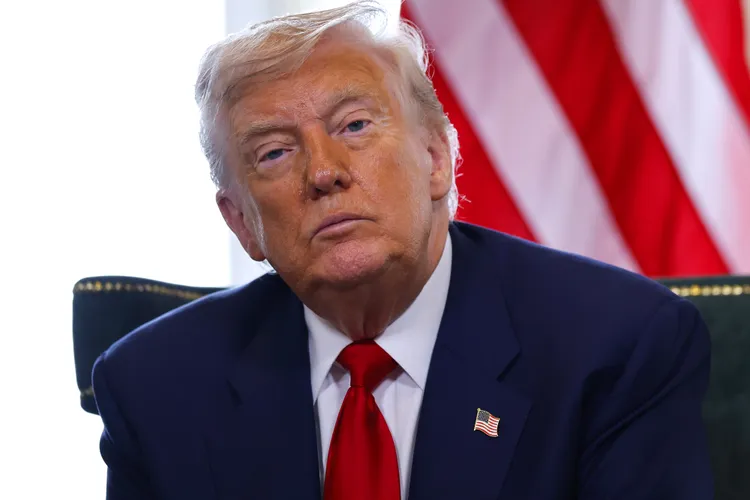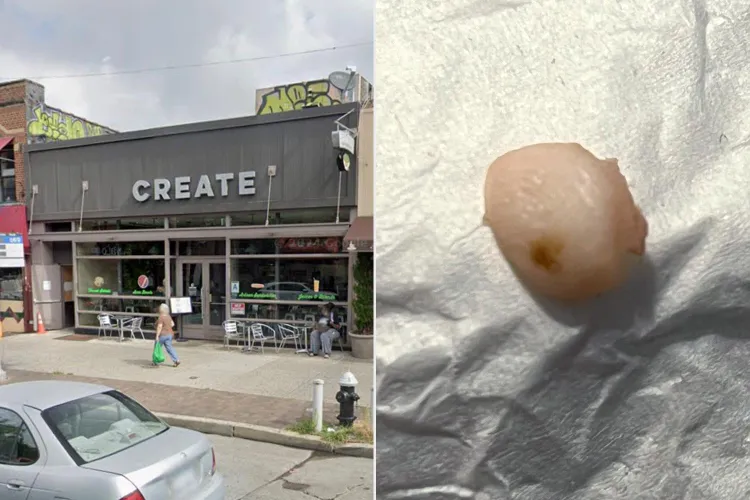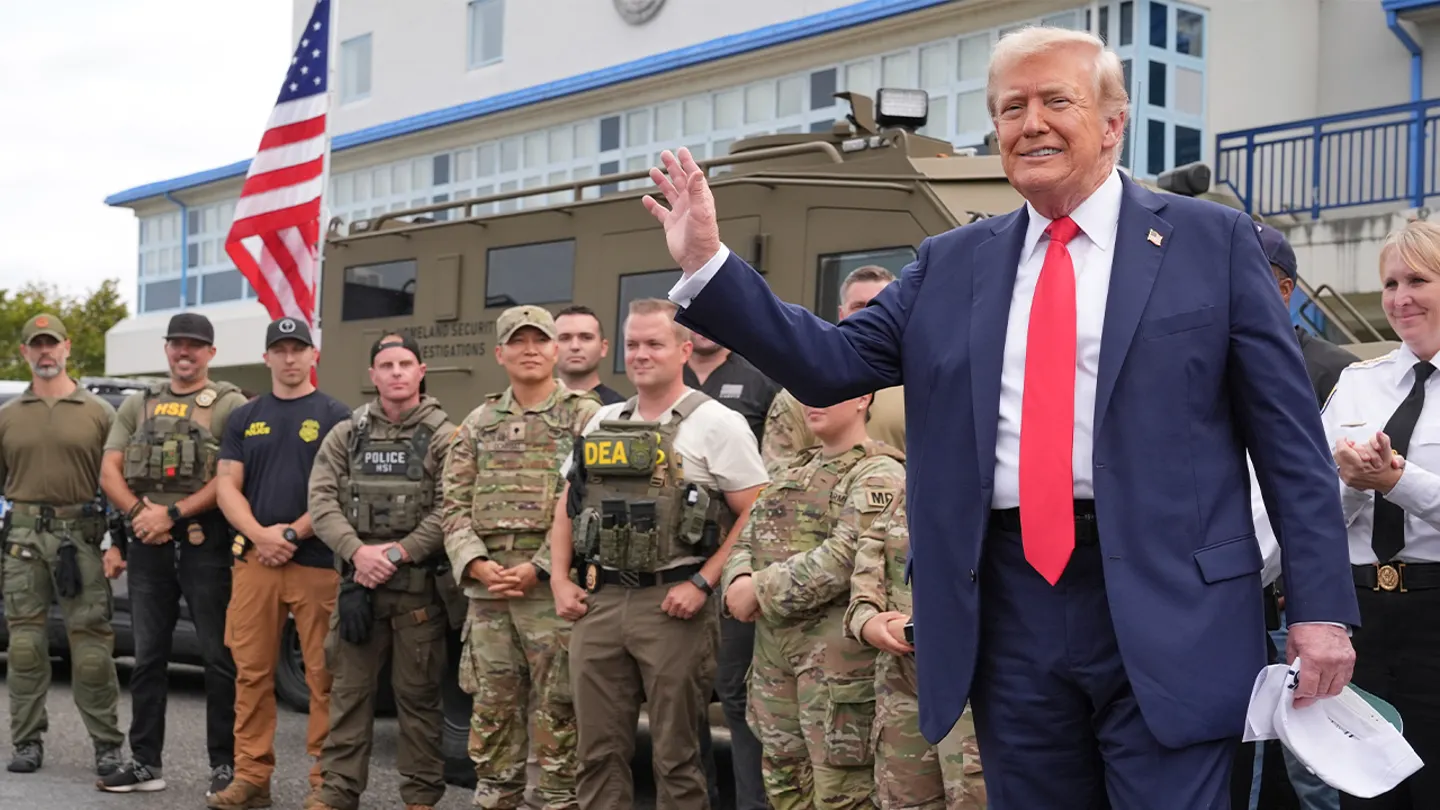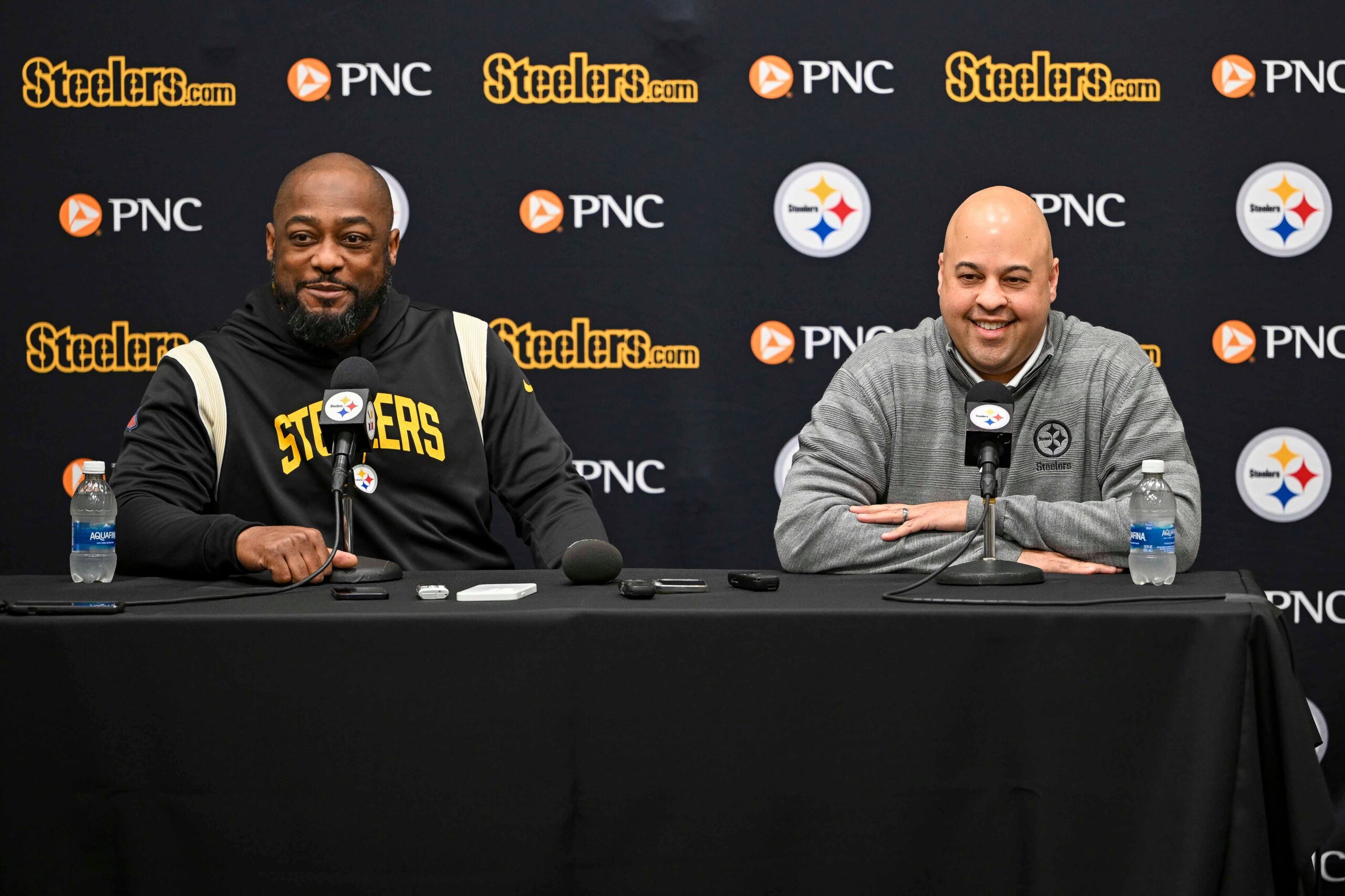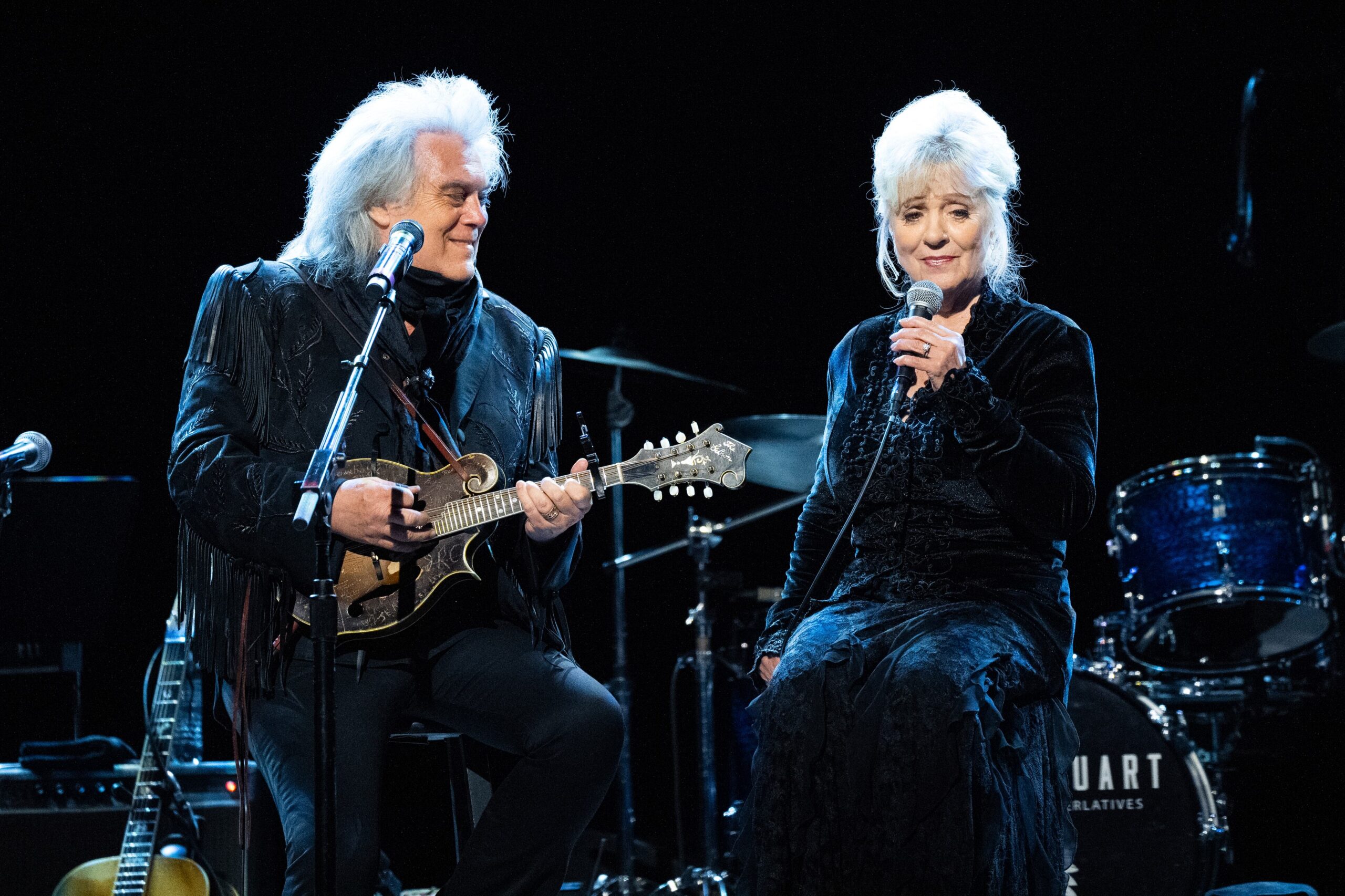The first prominent Democrat to publicly link Donald Trump to Russian President Vladimir Putin was then-Vice President Joe Biden in the summer of 2016. This accusation was later found to be suspiciously consistent with intercepted evidence that suggested the Clinton campaign had approved a plan to demonize Trump by promoting a Russia narrative.
The intelligence community had collected Russian traffic showing Moscow had obtained inside discussions from Hillary Clinton’s campaign, according to newly disclosed information from Special Counsel John Durham’s 2023 report.According to those intercepts, Clinton endorsed a plan on July 26, 2016, to divert attention from her email crisis by accusing Trump of Russian meddling.
Days later, during the Democratic National Convention, Biden began a public message campaign that was centered on Trump and Russia. On July 26, Biden told ABC News, “I believe Putin does not want a united NATO or EU.” It seems sense to me that adversaries might favor someone inexperienced. He persisted in making that claim in numerous media interviews and once more in his July 27 prime-time DNC speech, in which he warned that Trump supports autocrats like Vladimir Putin.
CIA briefings and emails intercepted
In anticipation of the FBI adding fuel to the fire, Durham’s report and its appendix disclosed that some intercepted Russian intelligence, including alleged emails from a George Soros associate and Clinton foreign policy adviser Julianne Smith, suggested an internal Clinton campaign push to link Trump to Russia. Some researchers came to the conclusion that these messages were composites of actual exchanges that were obtained through Russian hacking, even though the CIA disputed their legitimacy.
In early August 2016, former CIA Director John Brennan briefed President Obama and Biden, among other Obama officials, on what became known as Clinton Plan intelligence. According to Brennan’s notes, Clinton had given his approval to a plan to demonize Donald Trump by causing a controversy and alleging Russian security services were involved.
Clinton Assists in Durham Implemented the Plan
Durham recognized Julianne Smith, a former Biden aide and Clinton campaign official at the time, as Foreign Policy aide-1. Her email on July 27, 2016, asked for support for a statement denouncing Trump’s stance on Russia and NATO. Smith also talked of getting in touch with Biden’s vice presidential office to ask for intelligence community input on the DNC hacking probe.
Durham came to the conclusion that Smith’s emails and coordination attempts at least partially support the existence of such a plot, even though she stated she couldn’t remember ever suggesting it. Jake Sullivan, a former Clinton aide who is currently Biden’s national security adviser, denied knowing of any such plot and called it absurd.
Biden’s anti-Trump, pro-NATO campaigns
Throughout the 2016 campaign, Biden persisted in pushing the Russia story, even claiming at a rally in August that Trump would have adored Stalin. That month, he also visited Latvia to minimize Trump’s comments on Article 5 and reassure Baltic partners of America’s commitment to NATO. In October, Biden responded, “We’re sending a message,” when asked how the United States would react to Russian hacking. At a time of our choosing, he [Putin] will be aware of it.
Clinton Presses the Connection with Allies
Clinton initially refrained from directly linking Trump to Russia, but by October 31, she had joined the campaign by tweeting about a purported secret server between the Trump Organization and a Russian bank. Sullivan later refuted these claims, but they were emphasized, and he referred to the purported connection as the “key to unlocking the mystery of Trump’s ties to Russia.”
Durham’s findings imply that the Trump-Putin story, which was largely believed by the public and mainstream media, was at least partly based on a calculated political ploy rather than confirmed information. Despite growing evidence to the contrary, that narrative’s enduring influence is still a holdover from the 2016 election.
